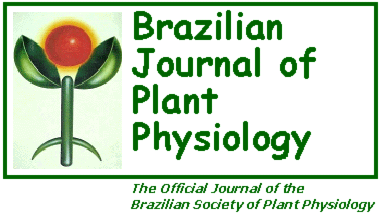The influence of succinate treatment on Zn toxicity was investigated using plant growth and mineral uptake as stress indicators. Pea plants (Pisum sativum L., cv. Citrine) were treated with various Zn concentrations (0.67 to 700 muM Zn) in the presence and absence of 0.2 mM Na-succinate. Plants pre-treated with succinate and then exposed to Zn exhibited higher dry root, stem and leaf weight than the plants treated with Zn alone. An increase in Zn supply resulted in a decrease in the concentrations of Ca, Mg, P in the roots and an increase of Ca and N levels in the stems and leaves. The amount of Zn in the roots, stems and leaves increased with greater Zn rates. The succinate treatment increased P in the roots but did not affect the Ca, N and Mg contents in Zn-treated plants. Most of the Zn taken up was retained in the roots after succinate treatment. The ameliorative effect of succinate on plant growth could be due to a lower Zn translocation in the leaves and stems and increased Zn accumulation in the roots. Lower Zn translocation in aboveground parts seemed to result from Zn complexing by organic anion in the roots. This probably caused less Zn transport to the stems and leaves and suggested that succinate has potential for complexing with Zn and may play a role in tolerance to high Zn levels.
Succinate; zinc toxicity amelioration





